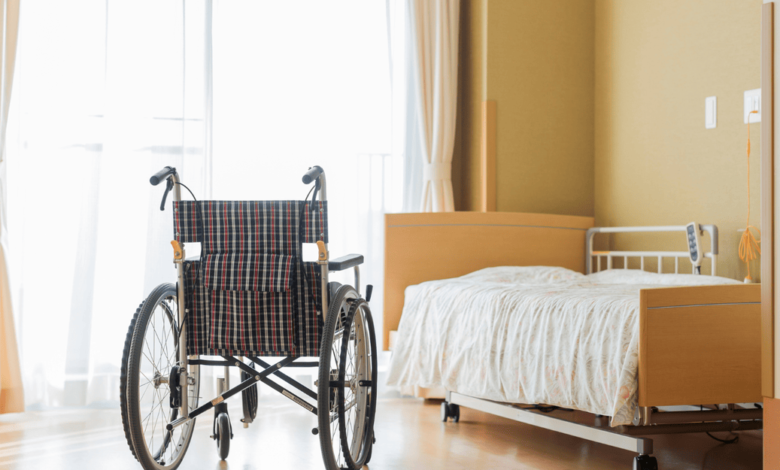Long-Term Care Patients Could Install Room Cameras—If This Bill Passes FL

Senator Ileana Garcia, a Miami Republican, has introduced Senate Bill 64 (SB 64), which would allow residents of nursing homes and assisted living facilities—or their guardians—to install cameras or audio recording devices in their rooms.
If passed, the legislation would take effect on July 1, 2025, aiming to foster transparency and accountability in long-term care facilities.
What the Bill Does
SB 64 would allow residents to monitor their living spaces through electronic devices. These devices could provide critical oversight, helping families ensure their loved ones are receiving proper care and potentially deterring mistreatment.
Under the proposed law:
- Residents or Guardians Hold the Power: Only residents, their guardians, or authorized third parties could install, use, or maintain the recording equipment.
- Facilities Can’t Interfere: Nursing homes and ALFs would be prohibited from blocking the installation of these devices or retaliating against residents or their families for using them.
- Penalties for Tampering: Anyone tampering with the equipment without authorization could face a first-degree misdemeanor, punishable by up to one year in prison and a $1,000 fine.
- Clear Identification: Facilities would be required to post signs outside rooms equipped with recording devices.
Violating these provisions could cost facilities a $500 fine per infraction and result in enforcement by the Florida Agency for Health Care Administration (AHCA).
Who Covers the Costs?
The responsibility for purchasing, installing, and maintaining these devices would fall to the residents or their families—not the nursing homes. This keeps costs manageable for facilities while ensuring families have the flexibility to choose the type of monitoring they want.
Addressing Roommate Concerns
One of the most delicate parts of this bill is its focus on privacy. While cameras can boost safety, shared living arrangements mean one person’s monitoring could feel like an intrusion to another. For residents in shared rooms, the bill includes important safeguards to balance privacy:
- Consent Required: Roommates or their guardians must agree before a device can be installed.
- Customizable Conditions: Roommates can set specific terms, such as the type of device used or areas it monitors.
- Relocation as an Option: If roommates can’t agree, the facility must make a “reasonable attempt” to relocate one of the residents, provided the move is voluntary.
Additionally, the bill allows residents to withdraw consent for monitoring at any time, giving them flexibility to change their minds.
Why This Bill Is Necessary
SB 64 aims to address a troubling surge in neglect and abuse cases. According to AHCA data, Florida nursing homes saw an average of 32 serious violations annually between 2012 and 2018. That number more than doubled, averaging 71 violations yearly from 2019 to 2022.
Some of these cases have led to criminal charges. For instance, Stephanie Sifrit discovered unexplained injuries on her elderly mother, who has Alzheimer’s disease, during a 2021 stay at a Bradenton care facility. When Sifrit tried to install a camera, the facility blocked her efforts and later charged her thousands of dollars to bring her mother home early.
For Sifrit, cameras aren’t just about catching abuse. She noted how they can alert staff to accidents and provide transparency. “Cameras can help others support the facility if something comes up,” she told the Sarasota Herald-Tribune, “Working in those facilities is extremely demanding, and they can’t be there in every room to monitor everything.”
Senator Ileana Garcia’s Advocacy
Senator Garcia has a history of championing Florida’s most vulnerable populations. Since winning her Senate District 36 seat in 2020, she’s passed significant measures:
In 2024, she also spearheaded legislation to shield minors from online dangers and improve transparency around health care costs.
Florida’s efforts reflect a strong commitment to improving conditions in long-term care facilities. Advocates believe measures like SB 64 could increase transparency, deter mistreatment, and offer families greater peace of mind. If the bill becomes law, Florida could set a standard for other states, demonstrating how technology can promote accountability while respecting resident privacy. As Senator Garcia continues to champion its approval, many families and advocates are optimistic about its potential to create safer environments for seniors across the state.





